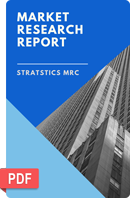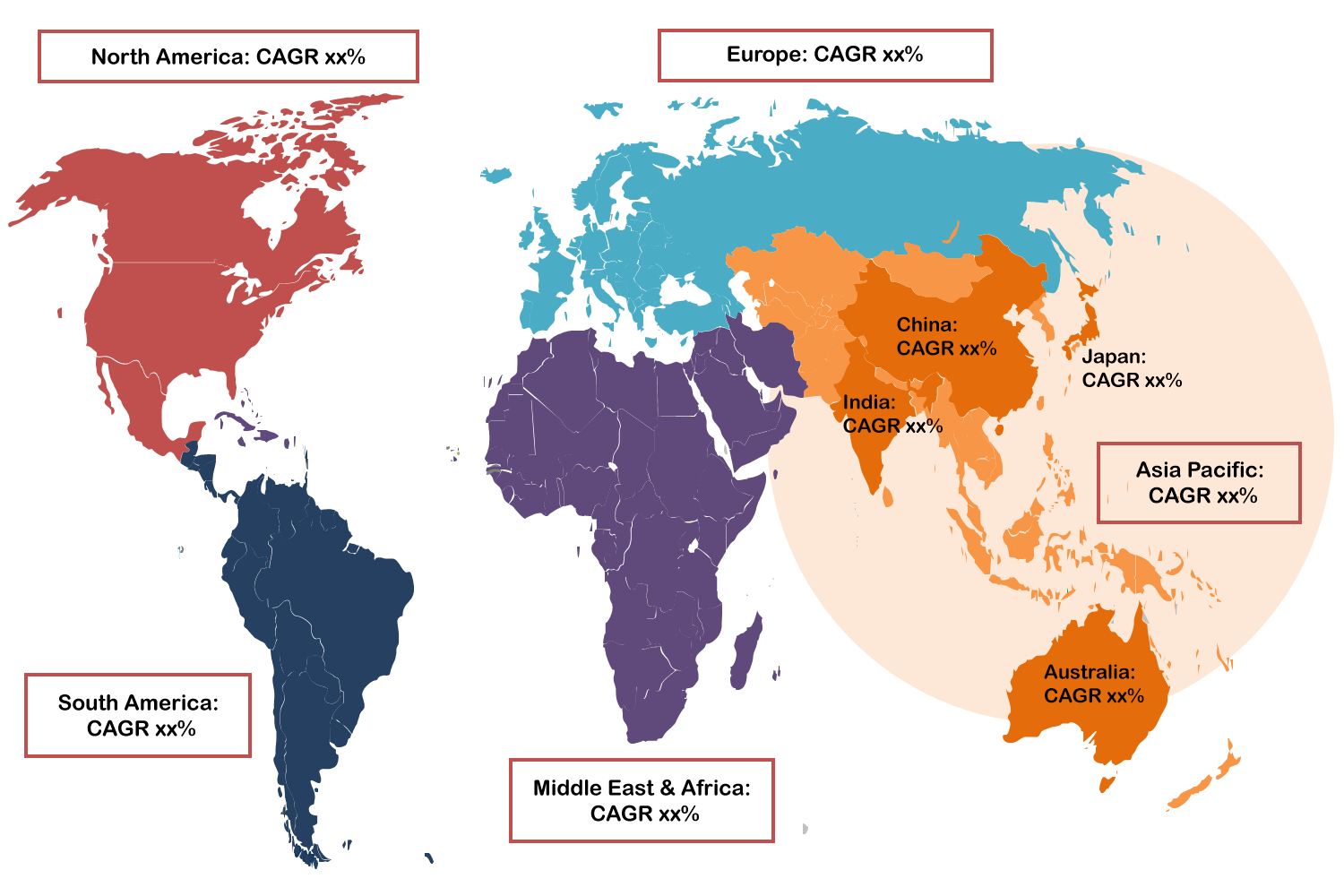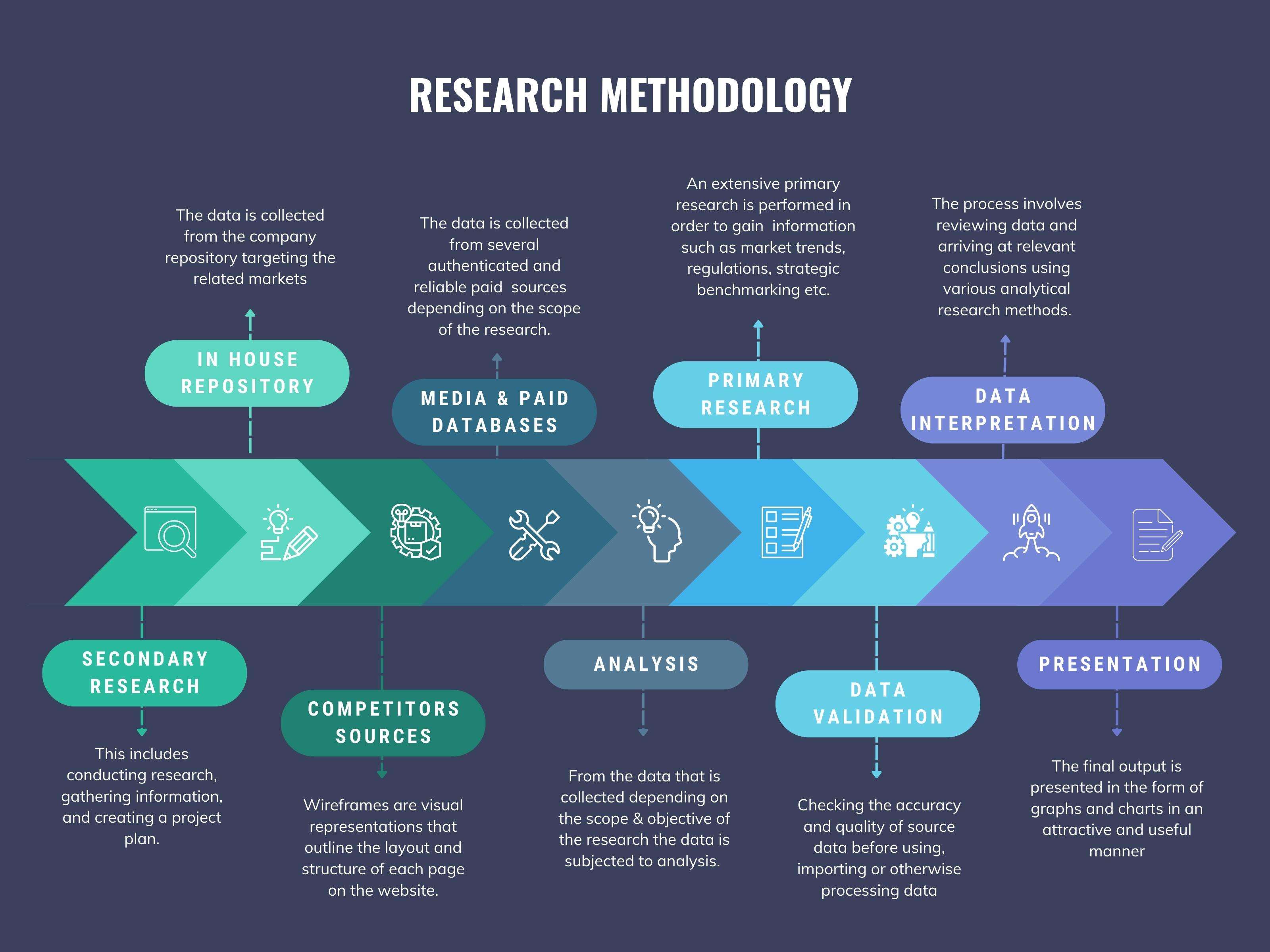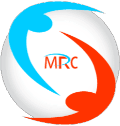
Aerospace Battery Market
Aerospace Battery Market Forecasts to 2030 - Global Analysis By Battery Type (Nickel-Cadmium Batteries, Lithium-Ion Batteries, Lead-Acid Batteries, Nickel-Metal Hydride (NiMH) Batteries and Other Battery Types), Aircraft Type, Power Capacity, Application, Sales Channel and By Geography
|
Years Covered |
2022-2030 |
|
CAGR (2024-2030) |
10.3% |
|
Regions Covered |
North America, Europe, Asia Pacific, South America, and Middle East & Africa |
|
Countries Covered |
US, Canada, Mexico, Germany, UK, Italy, France, Spain, Japan, China, India, Australia, New Zealand, South Korea, Rest of Asia Pacific, South America, Argentina, Brazil, Chile, Middle East & Africa, Saudi Arabia, UAE, Qatar, and South Africa |
|
Largest Market |
North America |
|
Highest Growing Market |
Asia Pacific |
According to Stratistics MRC, the Global Aerospace Battery Market is growing at a CAGR of 10.3% during the forecast period. An aerospace battery is a high-performance energy storage device designed to power electrical systems in aircraft, satellites, and spacecraft. These batteries must meet stringent requirements for lightweight construction, reliability, and safety under extreme conditions, such as high altitudes, temperature fluctuations, and vibration. They utilize advanced chemistries like lithium-ion or nickel-cadmium for long life cycles, energy density, and durability, ensuring consistent power supply for navigation, communication, avionics, and emergency backup systems.
According to the data from the International Air Transport Association (IATA), global passenger traffic is expected to reach 8.2 billion passengers by 2037, doubling from the 4.1 billion passengers recorded in 2017.

Market Dynamics:
Driver:
Growing unmanned aerial vehicle market
The expanding unmanned aerial vehicle (UAV) market is a significant driver for the aerospace battery industry. As UAV applications in the military, commercial, and civilian sectors continue to grow, the demand for high-performance, lightweight batteries increases. UAVs require efficient power sources to extend flight times and enhance operational capabilities. This trend is driving innovation in battery technology, particularly in lithium-ion and fuel cell solutions, to meet the specific needs of various UAV platforms. The growing UAV market is thus stimulating research, development, and production of advanced aerospace batteries.
Restraint:
Limited energy density
Despite advancements, current battery technologies still struggle to match the energy density of conventional aviation fuels. This limitation impacts the range and payload capacity of electric and hybrid-electric aircraft, particularly for larger commercial planes. The challenge of increasing energy density while maintaining safety standards and reducing weight hinders the widespread adoption of battery-powered propulsion systems in aviation.
Opportunity:
Development of solid-state batteries
Solid-state technology offers potential advantages such as higher energy density, improved safety, and faster charging capabilities compared to traditional lithium-ion batteries. These characteristics make solid-state batteries particularly attractive for aerospace applications, where weight, safety, and performance are critical factors. As research progresses and manufacturing processes improve, solid-state batteries could revolutionize electric propulsion in aviation, enabling longer flight times and enhanced aircraft performance. This emerging technology opens new avenues for innovation and market growth in the aerospace sector.
Threat:
Competition from alternative technologies
Advancements in hydrogen fuel cells, hybrid-electric systems, and sustainable aviation fuels are challenging the dominance of battery-powered solutions in aerospace applications. These competing technologies offer potential advantages in terms of energy density, range, and environmental impact. As the aviation industry seeks to reduce carbon emissions, the race to develop the most efficient and sustainable power sources intensifies. This competition could potentially slow the adoption of battery technologies in certain aerospace segments.
Covid-19 Impact:
The COVID-19 pandemic significantly impacted the aerospace battery market, causing disruptions in supply chains and reduced demand due to travel restrictions. However, it also accelerated the focus on sustainable aviation technologies, including electric propulsion. As the industry recovers, there's increased interest in battery-powered solutions for shorter routes and urban air mobility, potentially driving long-term growth in the aerospace battery market despite initial setbacks.
The commercial aircraft segment is expected to be the largest during the forecast period
Over the forecasted timeframe, the commercial aircraft segment is anticipated to dominate the market share. This dominance is driven by the increasing adoption of more electric aircraft (MEA) technologies in commercial aviation. Airlines are seeking to reduce fuel consumption and emissions, leading to greater integration of electric systems in aircraft. The growing demand for auxiliary power units (APUs) and emergency power systems in commercial planes further boosts the need for advanced aerospace batteries. Additionally, the development of electric taxiing systems and the gradual electrification of non-propulsive systems contribute to the segment's market leadership.
The propulsion segment is expected to have the highest CAGR during the forecast period
During the projection period, the propulsion segment is expected to grow at the highest CAGR. This rapid growth is attributed to the increasing focus on electric and hybrid-electric propulsion systems in aviation. The push for sustainable air travel is driving investments in battery-powered propulsion technologies, particularly for short-haul flights and urban air mobility vehicles. Advancements in battery technology, such as improved energy density and power output, are making electric propulsion more viable for larger aircraft, fueling the segment's expansion.
Region with largest share:
During the estimation period, the North America region is expected to capture the largest market share. This dominance is driven by the presence of major aerospace manufacturers, significant investments in electric aviation, and supportive government initiatives. The region's strong focus on technological innovation and early adoption of electric aircraft contributes to its market leadership. Additionally, the growing demand for UAVs in military and commercial applications further boosts the aerospace battery market in North America.
Region with highest CAGR:
The Asia Pacific region is projected to achieve the highest CAGR during the forecast period. This rapid growth is fueled by increasing investments in aerospace technology, rising air travel demand, and government initiatives promoting sustainable aviation. Countries like China, Japan, and South Korea are making significant strides in electric aviation and battery technology. The region's expanding manufacturing capabilities and growing focus on reducing carbon emissions in the aviation sector contribute to its high growth rate.

Key players in the market
Some of the key players in Aerospace Battery Market include Bren-Tronics, Inc., Concorde Battery Corporation, GS Yuasa International Ltd., Saft Groupe SA, Sion Power Corporation, Navitas Systems, ECOBAT, Lincad, WAE Technologies Limited, Shift Clean Energy, Exide Technologies, Teledyne Battery Products, EaglePicher Technologies LLC, Amprius Technologies, Kokam Co., Ltd., True Blue Power, Electric Power Systems, and FIAMM Energy Technology S.p.A.
Key Developments:
In June 2024, GS Yuasa announced that the batteries developed and manufactured by GS Yuasa Group company GS Yuasa Technology Ltd. (“GYT”) have been installed in the Third H3 Launch Vehicle developed by Mitsubishi Heavy Industries, Ltd. and the Japan Aerospace Exploration Agency (“JAXA”) for a planned launch from the Tanegashima Space Center on Jun 30, 2024, as well as the Advanced Land Observing Satellite-4 “DAICHI-4” (ALOS-4)*1.
In January 2024, Sion Power raised $75 million in Series A funding to commercialize its next-generation EV battery technology. The round was led by LG Energy Solution and will be used to build an automated manufacturing line for large format lithium-metal cells.
In September 2023, Lincad is pleased to announce it has signed a new contract with Marshall Aerospace to develop its lithium-ion battery technology for an airborne application. Lincad’s batteries will power sensors for intelligence and surveillance applications to support the expansion of the Adaptable Role fit Capability (ARC) family of products.
Battery Types Covered:
• Nickel-Cadmium Batteries
• Lithium-Ion Batteries
• Lead-Acid Batteries
• Nickel-Metal Hydride (NiMH) Batteries
• Other Battery Types
Aircraft Types Covered:
• Unmanned Aerial Vehicles (UAVs)
• Commercial Aircraft
• Regional Aircraft
• General Aviation
• Military Aircraft
• Helicopters
• Spacecraft
• Satellites
Power Capacities Covered:
• Low Power (Below 100 Wh)
• Medium Power (100 Wh - 1000 Wh)
• High Power (1000 Wh - 5000 Wh)
• Ultra-High Power (Above 5000 Wh)
Applications Covered:
• Propulsion
• Auxiliary Power Units (APUs)
• Emergency Systems
• Starting and Ignition Systems
• Other Applications
Sales Channels Covered:
• Original Equipment Manufacturers (OEMs)
• Aftermarket
Regions Covered:
• North America
o US
o Canada
o Mexico
• Europe
o Germany
o UK
o Italy
o France
o Spain
o Rest of Europe
• Asia Pacific
o Japan
o China
o India
o Australia
o New Zealand
o South Korea
o Rest of Asia Pacific
• South America
o Argentina
o Brazil
o Chile
o Rest of South America
• Middle East & Africa
o Saudi Arabia
o UAE
o Qatar
o South Africa
o Rest of Middle East & Africa
What our report offers:
- Market share assessments for the regional and country-level segments
- Strategic recommendations for the new entrants
- Covers Market data for the years 2022, 2023, 2024, 2026, and 2030
- Market Trends (Drivers, Constraints, Opportunities, Threats, Challenges, Investment Opportunities, and recommendations)
- Strategic recommendations in key business segments based on the market estimations
- Competitive landscaping mapping the key common trends
- Company profiling with detailed strategies, financials, and recent developments
- Supply chain trends mapping the latest technological advancements
Free Customization Offerings:
All the customers of this report will be entitled to receive one of the following free customization options:
• Company Profiling
o Comprehensive profiling of additional market players (up to 3)
o SWOT Analysis of key players (up to 3)
• Regional Segmentation
o Market estimations, Forecasts and CAGR of any prominent country as per the client's interest (Note: Depends on feasibility check)
• Competitive Benchmarking
Benchmarking of key players based on product portfolio, geographical presence, and strategic alliances
Table of Contents
1 Executive Summary
2 Preface
2.1 Abstract
2.2 Stake Holders
2.3 Research Scope
2.4 Research Methodology
2.4.1 Data Mining
2.4.2 Data Analysis
2.4.3 Data Validation
2.4.4 Research Approach
2.5 Research Sources
2.5.1 Primary Research Sources
2.5.2 Secondary Research Sources
2.5.3 Assumptions
3 Market Trend Analysis
3.1 Introduction
3.2 Drivers
3.3 Restraints
3.4 Opportunities
3.5 Threats
3.6 Application Analysis
3.7 Emerging Markets
3.8 Impact of Covid-19
4 Porters Five Force Analysis
4.1 Bargaining power of suppliers
4.2 Bargaining power of buyers
4.3 Threat of substitutes
4.4 Threat of new entrants
4.5 Competitive rivalry
5 Global Aerospace Battery Market, By Battery Type
5.1 Introduction
5.2 Nickel-Cadmium Batteries
5.3 Lithium-Ion Batteries
5.4 Lead-Acid Batteries
5.5 Nickel-Metal Hydride (NiMH) Batteries
5.6 Other Battery Types
6 Global Aerospace Battery Market, By Aircraft Type
6.1 Introduction
6.2 Unmanned Aerial Vehicles (UAVs)
6.3 Commercial Aircraft
6.4 Regional Aircraft
6.5 General Aviation
6.6 Military Aircraft
6.7 Helicopters
6.8 Spacecraft
6.9 Satellites
7 Global Aerospace Battery Market, By Power Capacity
7.1 Introduction
7.2 Low Power (Below 100 Wh)
7.3 Medium Power (100 Wh - 1000 Wh)
7.4 High Power (1000 Wh - 5000 Wh)
7.5 Ultra-High Power (Above 5000 Wh)
8 Global Aerospace Battery Market, By Application
8.1 Introduction
8.2 Propulsion
8.3 Auxiliary Power Units (APUs)
8.4 Emergency Systems
8.5 Starting and Ignition Systems
8.6 Other Applications
9 Global Aerospace Battery Market, By Sales Channel
9.1 Introduction
9.2 Original Equipment Manufacturers (OEMs)
9.3 Aftermarket
10 Global Aerospace Battery Market, By Geography
10.1 Introduction
10.2 North America
10.2.1 US
10.2.2 Canada
10.2.3 Mexico
10.3 Europe
10.3.1 Germany
10.3.2 UK
10.3.3 Italy
10.3.4 France
10.3.5 Spain
10.3.6 Rest of Europe
10.4 Asia Pacific
10.4.1 Japan
10.4.2 China
10.4.3 India
10.4.4 Australia
10.4.5 New Zealand
10.4.6 South Korea
10.4.7 Rest of Asia Pacific
10.5 South America
10.5.1 Argentina
10.5.2 Brazil
10.5.3 Chile
10.5.4 Rest of South America
10.6 Middle East & Africa
10.6.1 Saudi Arabia
10.6.2 UAE
10.6.3 Qatar
10.6.4 South Africa
10.6.5 Rest of Middle East & Africa
11 Key Developments
11.1 Agreements, Partnerships, Collaborations and Joint Ventures
11.2 Acquisitions & Mergers
11.3 New Product Launch
11.4 Expansions
11.5 Other Key Strategies
12 Company Profiling
12.1 Bren-Tronics, Inc.
12.2 Concorde Battery Corporation
12.3 GS Yuasa International Ltd.
12.4 Saft Groupe SA
12.5 Sion Power Corporation
12.6 Navitas Systems
12.7 ECOBAT
12.8 Lincad
12.9 WAE Technologies Limited
12.10 Shift Clean Energy
12.11 Exide Technologies
12.12 Teledyne Battery Products
12.13 EaglePicher Technologies LLC
12.14 Amprius Technologies
12.15 Kokam Co., Ltd.
12.16 True Blue Power
12.17 Electric Power Systems
12.18 FIAMM Energy Technology S.p.A.
List of Tables
1 Global Aerospace Battery Market Outlook, By Region (2022-2030) ($MN)
2 Global Aerospace Battery Market Outlook, By Battery Type (2022-2030) ($MN)
3 Global Aerospace Battery Market Outlook, By Nickel-Cadmium Batteries (2022-2030) ($MN)
4 Global Aerospace Battery Market Outlook, By Lithium-Ion Batteries (2022-2030) ($MN)
5 Global Aerospace Battery Market Outlook, By Lead-Acid Batteries (2022-2030) ($MN)
6 Global Aerospace Battery Market Outlook, By Nickel-Metal Hydride (NiMH) Batteries (2022-2030) ($MN)
7 Global Aerospace Battery Market Outlook, By Other Battery Types (2022-2030) ($MN)
8 Global Aerospace Battery Market Outlook, By Aircraft Type (2022-2030) ($MN)
9 Global Aerospace Battery Market Outlook, By Unmanned Aerial Vehicles (UAVs) (2022-2030) ($MN)
10 Global Aerospace Battery Market Outlook, By Commercial Aircraft (2022-2030) ($MN)
11 Global Aerospace Battery Market Outlook, By Regional Aircraft (2022-2030) ($MN)
12 Global Aerospace Battery Market Outlook, By General Aviation (2022-2030) ($MN)
13 Global Aerospace Battery Market Outlook, By Military Aircraft (2022-2030) ($MN)
14 Global Aerospace Battery Market Outlook, By Helicopters (2022-2030) ($MN)
15 Global Aerospace Battery Market Outlook, By Spacecraft (2022-2030) ($MN)
16 Global Aerospace Battery Market Outlook, By Satellites (2022-2030) ($MN)
17 Global Aerospace Battery Market Outlook, By Power Capacity (2022-2030) ($MN)
18 Global Aerospace Battery Market Outlook, By Low Power (Below 100 Wh) (2022-2030) ($MN)
19 Global Aerospace Battery Market Outlook, By Medium Power (100 Wh - 1000 Wh) (2022-2030) ($MN)
20 Global Aerospace Battery Market Outlook, By High Power (1000 Wh - 5000 Wh) (2022-2030) ($MN)
21 Global Aerospace Battery Market Outlook, By Ultra-High Power (Above 5000 Wh) (2022-2030) ($MN)
22 Global Aerospace Battery Market Outlook, By Application (2022-2030) ($MN)
23 Global Aerospace Battery Market Outlook, By Propulsion (2022-2030) ($MN)
24 Global Aerospace Battery Market Outlook, By Auxiliary Power Units (APUs) (2022-2030) ($MN)
25 Global Aerospace Battery Market Outlook, By Emergency Systems (2022-2030) ($MN)
26 Global Aerospace Battery Market Outlook, By Starting and Ignition Systems (2022-2030) ($MN)
27 Global Aerospace Battery Market Outlook, By Other Applications (2022-2030) ($MN)
28 Global Aerospace Battery Market Outlook, By Sales Channel (2022-2030) ($MN)
29 Global Aerospace Battery Market Outlook, By Original Equipment Manufacturers (OEMs) (2022-2030) ($MN)
30 Global Aerospace Battery Market Outlook, By Aftermarket (2022-2030) ($MN)
Note: Tables for North America, Europe, APAC, South America, and Middle East & Africa Regions are also represented in the same manner as above.
List of Figures
RESEARCH METHODOLOGY

We at ‘Stratistics’ opt for an extensive research approach which involves data mining, data validation, and data analysis. The various research sources include in-house repository, secondary research, competitor’s sources, social media research, client internal data, and primary research.
Our team of analysts prefers the most reliable and authenticated data sources in order to perform the comprehensive literature search. With access to most of the authenticated data bases our team highly considers the best mix of information through various sources to obtain extensive and accurate analysis.
Each report takes an average time of a month and a team of 4 industry analysts. The time may vary depending on the scope and data availability of the desired market report. The various parameters used in the market assessment are standardized in order to enhance the data accuracy.
Data Mining
The data is collected from several authenticated, reliable, paid and unpaid sources and is filtered depending on the scope & objective of the research. Our reports repository acts as an added advantage in this procedure. Data gathering from the raw material suppliers, distributors and the manufacturers is performed on a regular basis, this helps in the comprehensive understanding of the products value chain. Apart from the above mentioned sources the data is also collected from the industry consultants to ensure the objective of the study is in the right direction.
Market trends such as technological advancements, regulatory affairs, market dynamics (Drivers, Restraints, Opportunities and Challenges) are obtained from scientific journals, market related national & international associations and organizations.
Data Analysis
From the data that is collected depending on the scope & objective of the research the data is subjected for the analysis. The critical steps that we follow for the data analysis include:
- Product Lifecycle Analysis
- Competitor analysis
- Risk analysis
- Porters Analysis
- PESTEL Analysis
- SWOT Analysis
The data engineering is performed by the core industry experts considering both the Marketing Mix Modeling and the Demand Forecasting. The marketing mix modeling makes use of multiple-regression techniques to predict the optimal mix of marketing variables. Regression factor is based on a number of variables and how they relate to an outcome such as sales or profits.
Data Validation
The data validation is performed by the exhaustive primary research from the expert interviews. This includes telephonic interviews, focus groups, face to face interviews, and questionnaires to validate our research from all aspects. The industry experts we approach come from the leading firms, involved in the supply chain ranging from the suppliers, distributors to the manufacturers and consumers so as to ensure an unbiased analysis.
We are in touch with more than 15,000 industry experts with the right mix of consultants, CEO's, presidents, vice presidents, managers, experts from both supply side and demand side, executives and so on.
The data validation involves the primary research from the industry experts belonging to:
- Leading Companies
- Suppliers & Distributors
- Manufacturers
- Consumers
- Industry/Strategic Consultants
Apart from the data validation the primary research also helps in performing the fill gap research, i.e. providing solutions for the unmet needs of the research which helps in enhancing the reports quality.
For more details about research methodology, kindly write to us at info@strategymrc.com
Frequently Asked Questions
In case of any queries regarding this report, you can contact the customer service by filing the “Inquiry Before Buy” form available on the right hand side. You may also contact us through email: info@strategymrc.com or phone: +1-301-202-5929
Yes, the samples are available for all the published reports. You can request them by filling the “Request Sample” option available in this page.
Yes, you can request a sample with your specific requirements. All the customized samples will be provided as per the requirement with the real data masked.
All our reports are available in Digital PDF format. In case if you require them in any other formats, such as PPT, Excel etc you can submit a request through “Inquiry Before Buy” form available on the right hand side. You may also contact us through email: info@strategymrc.com or phone: +1-301-202-5929
We offer a free 15% customization with every purchase. This requirement can be fulfilled for both pre and post sale. You may send your customization requirements through email at info@strategymrc.com or call us on +1-301-202-5929.
We have 3 different licensing options available in electronic format.
- Single User Licence: Allows one person, typically the buyer, to have access to the ordered product. The ordered product cannot be distributed to anyone else.
- 2-5 User Licence: Allows the ordered product to be shared among a maximum of 5 people within your organisation.
- Corporate License: Allows the product to be shared among all employees of your organisation regardless of their geographical location.
All our reports are typically be emailed to you as an attachment.
To order any available report you need to register on our website. The payment can be made either through CCAvenue or PayPal payments gateways which accept all international cards.
We extend our support to 6 months post sale. A post sale customization is also provided to cover your unmet needs in the report.
Request Customization
We offer complimentary customization of up to 15% with every purchase. To share your customization requirements, feel free to email us at info@strategymrc.com or call us on +1-301-202-5929. .
Please Note: Customization within the 15% threshold is entirely free of charge. If your request exceeds this limit, we will conduct a feasibility assessment. Following that, a detailed quote and timeline will be provided.
WHY CHOOSE US ?

Assured Quality
Best in class reports with high standard of research integrity

24X7 Research Support
Continuous support to ensure the best customer experience.

Free Customization
Adding more values to your product of interest.

Safe & Secure Access
Providing a secured environment for all online transactions.

Trusted by 600+ Brands
Serving the most reputed brands across the world.
